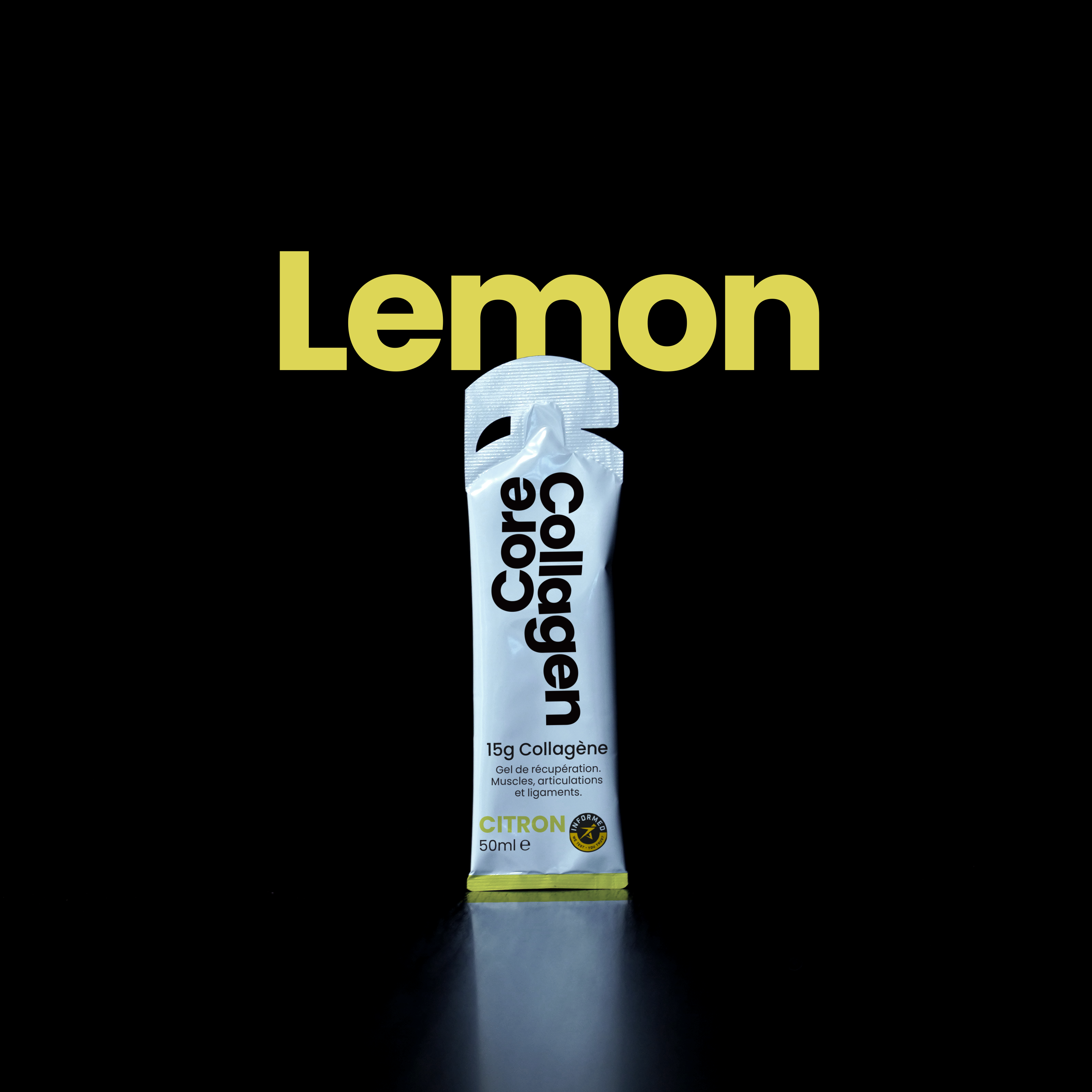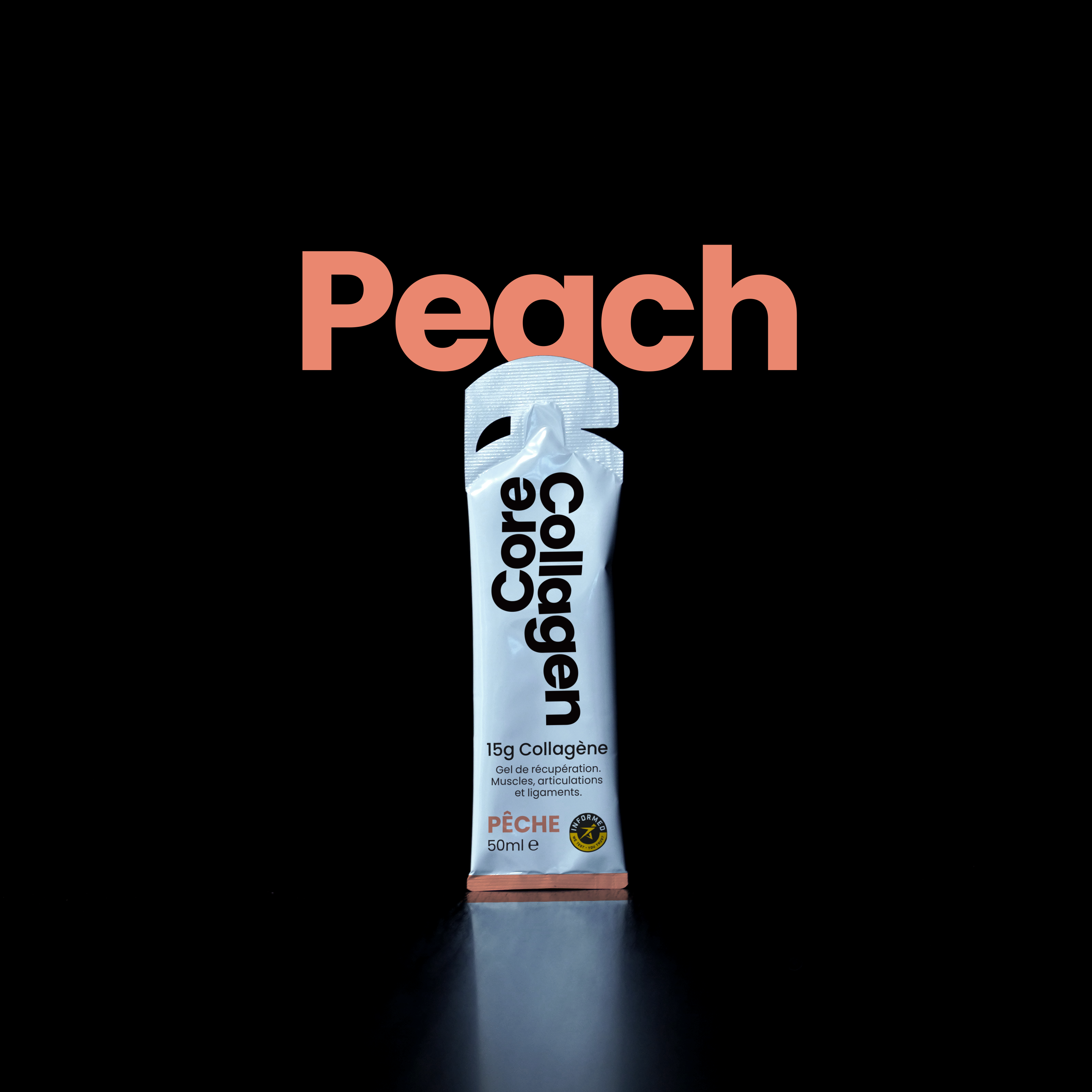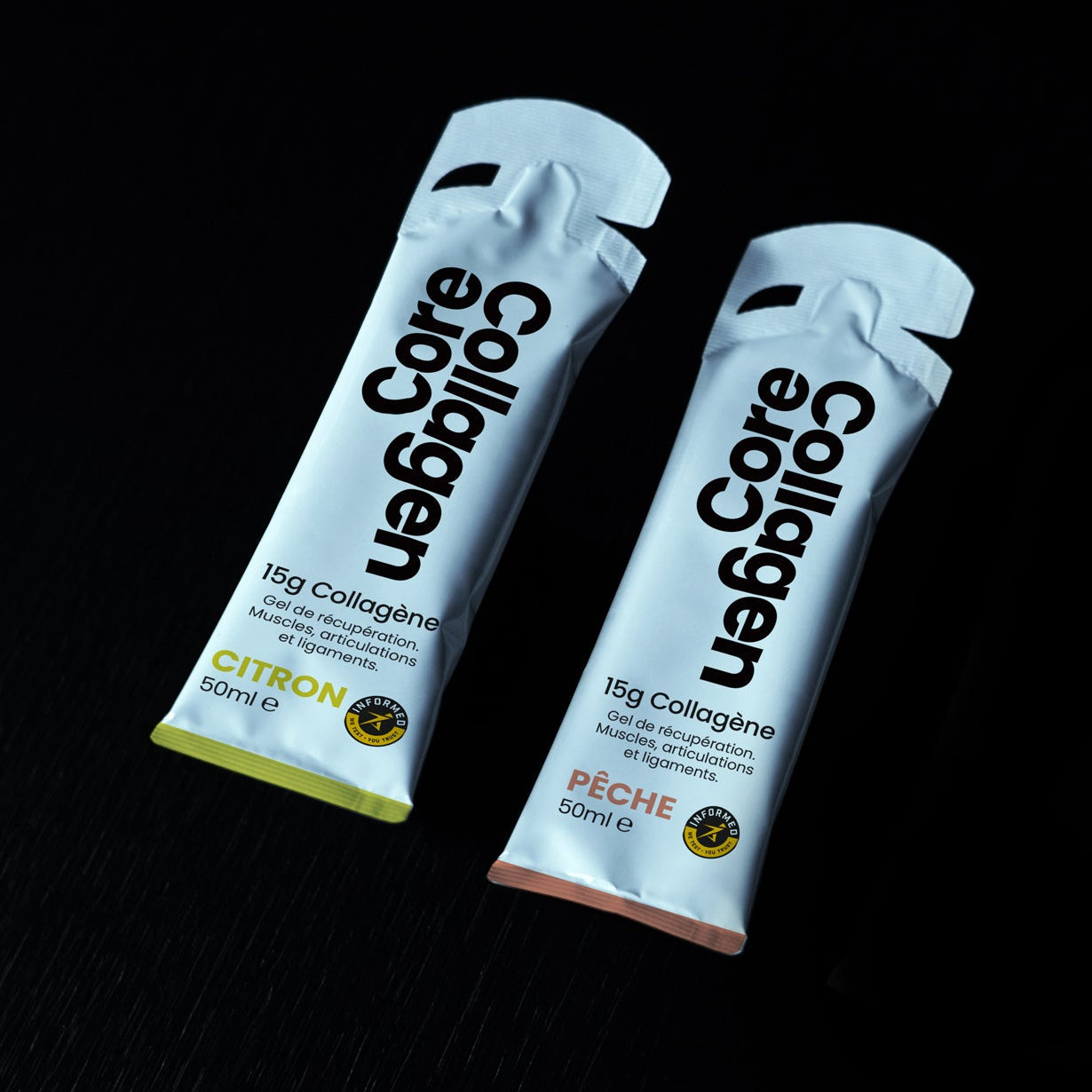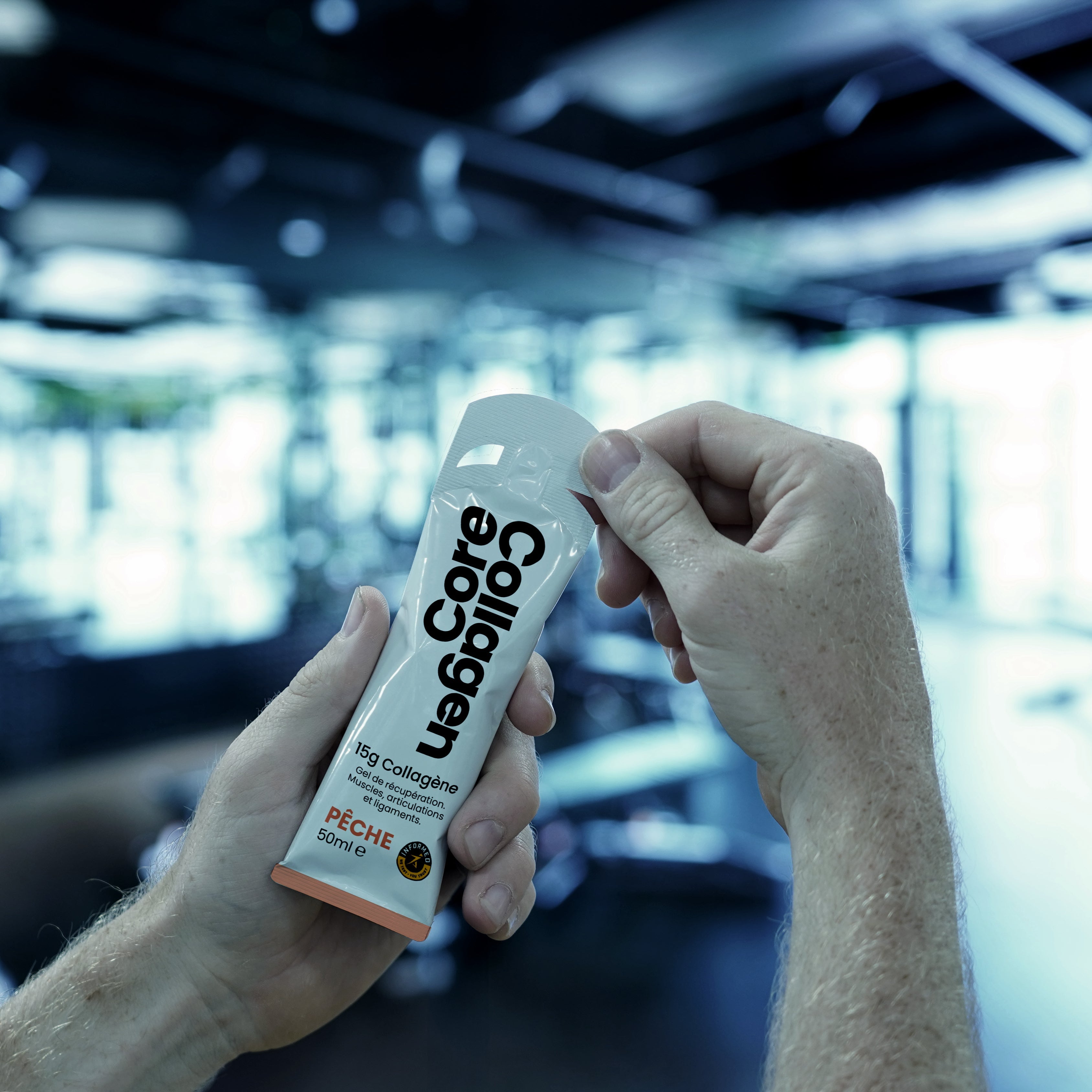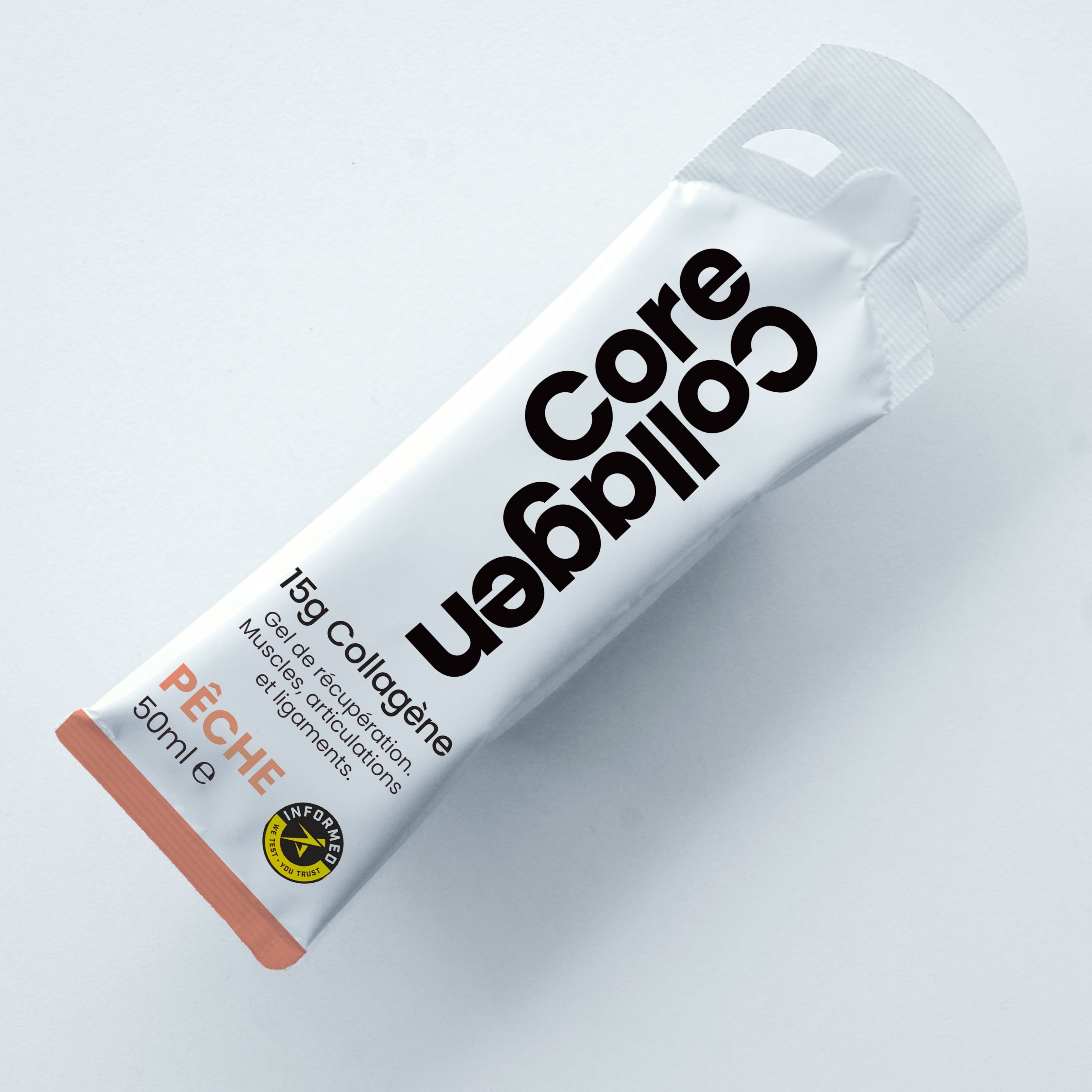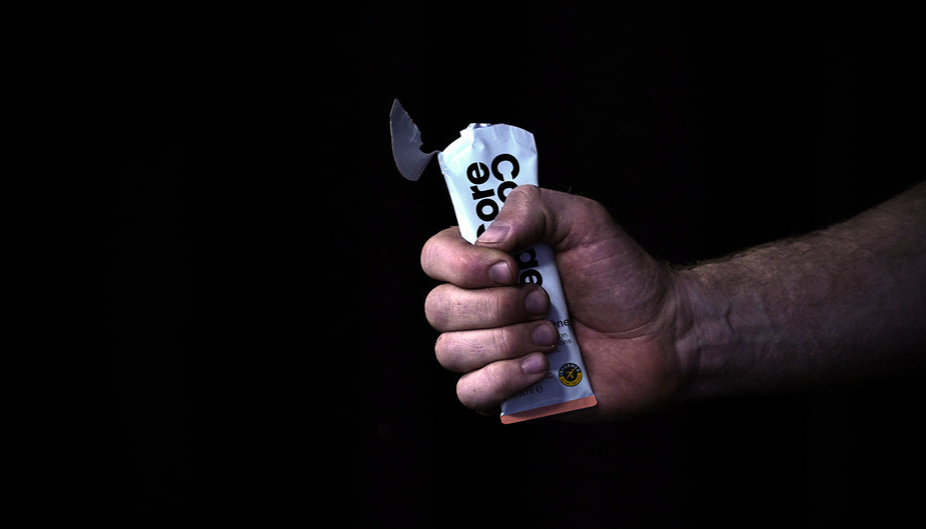Collagen vs Whey Protein: Which Is Best for Athletes Over 40?
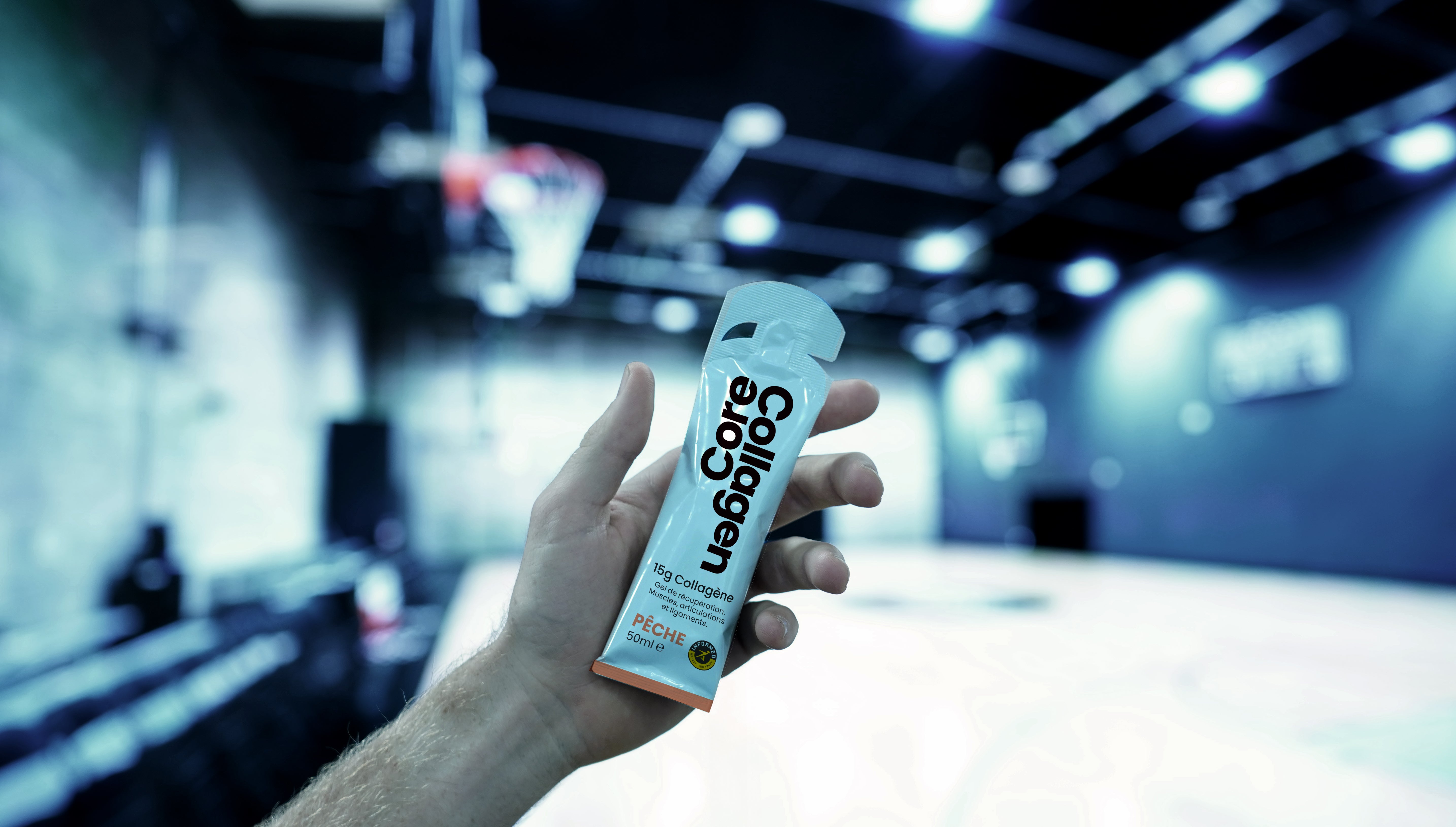
Walk into any gym or sports shop and the shelves are lined with protein powders, most of them whey-based. For years, whey protein has been considered the gold standard in athletic recovery, prized for its role in muscle repair and growth. But as more athletes reach their forties, a new question is being asked: is whey enough?
Collagen, once known mostly as a beauty supplement, is now gaining recognition as a critical player in sports performance. While whey and collagen are both proteins, they serve very different purposes in the body. For athletes over 40, understanding these differences can be the key to training smarter, recovering faster, and staying injury-free.
The role of whey protein
Whey protein is a complete protein, meaning it contains all nine essential amino acids. It’s rapidly absorbed and particularly high in leucine, an amino acid that triggers muscle protein synthesis. After a tough workout, whey helps muscles repair microtears, rebuild stronger fibers, and adapt to higher loads.
For athletes looking to maintain or increase muscle mass, especially in middle age when natural muscle loss accelerates, whey remains a powerful tool. It’s no wonder that shakes and powders have long been the default recovery drink.
The role of collagen protein
Collagen, on the other hand, has a very different amino acid profile. It’s not a complete protein, and it’s lower in leucine. Instead, collagen is rich in glycine, proline, and hydroxyproline—the building blocks of connective tissue. Tendons, ligaments, cartilage, and even bones rely heavily on these amino acids.
For athletes over 40, this matters. As collagen production naturally declines, tissues lose flexibility and strength. This can lead to stiffer joints, slower recovery, and a greater risk of tendon or ligament injury. Supplementing with collagen provides the raw materials needed to reinforce these structures, helping athletes stay resilient against the wear and tear of regular training.
Whey vs collagen: what’s the difference for recovery?
It’s not about choosing one or the other—it’s about recognizing that whey and collagen target different needs.
-
Whey protein excels at muscle recovery and growth.
-
Collagen protein excels at tendon, ligament, joint, and bone support.
For younger athletes, whey might cover most of the bases. But as athletes get older, and collagen loss accelerates, gaps begin to appear. Muscles may still recover well, but the supporting structures around them—tendons, ligaments, joints—become limiting factors. That’s where collagen steps in.
Why athletes over 40 benefit from both
Athletes in their forties and beyond often find that strength and endurance are still there, but recovery feels different. Soreness lasts longer, joints ache more frequently, and small injuries take more time to heal.
Whey can help keep muscles strong, but collagen helps keep the body’s foundation intact. Together, they offer a more complete recovery strategy. By combining the two, athletes can protect connective tissues while continuing to build and maintain muscle mass.
Think of whey as the fuel for your engine, and collagen as the reinforcement for your frame. Both are necessary if you want long-term performance.
Why format and timing matter
Whey is typically taken post-workout to maximize muscle repair. Collagen works slightly differently. When taken with vitamin C about 30–60 minutes before light exercise, it appears to stimulate collagen synthesis in tendons and ligaments.
This makes collagen supplementation most effective as a daily routine, not just after the hardest training sessions. And for busy athletes, having collagen in a ready-to-use gel rather than a powder makes consistency much easier.
The smarter choice for aging athletes
For athletes over 40, recovery is no longer just about muscle. It’s about joints that still move freely, tendons that don’t break down under repeated load, and ligaments that can handle the strain of regular training. Whey alone doesn’t address those needs.
Collagen isn’t a replacement for whey—it’s the missing piece of the puzzle. By combining both, athletes can cover all aspects of recovery, ensuring not only strong muscles but also the connective tissue resilience needed to keep using them.
👉 Core Collagen Gel is designed for exactly that: a convenient, ready-mixed daily supplement with 15g of hydrolyzed collagen and vitamin C—made for athletes who want to train hard, recover fully, and stay strong well past forty.
Summary
- Whey protein builds muscle; collagen protein supports joints and tendons
- Athletes over 40 lose collagen naturally, slowing recovery
- Whey is high in leucine for muscle protein synthesis
- Collagen is rich in glycine, proline, and hydroxyproline for connective tissue repair
- Collagen helps reduce joint stiffness and injury risk in older athletes
- Combining whey and collagen supports both muscle and connective tissue health
- Whey is best post-workout, collagen is best 30–60 minutes before light training
- Collagen gels are more convenient than powders for daily consistency
- Athletes benefit most from using whey and collagen together
- Core Collagen Gel provides 15g collagen + vitamin C for joint and tendon recovery

